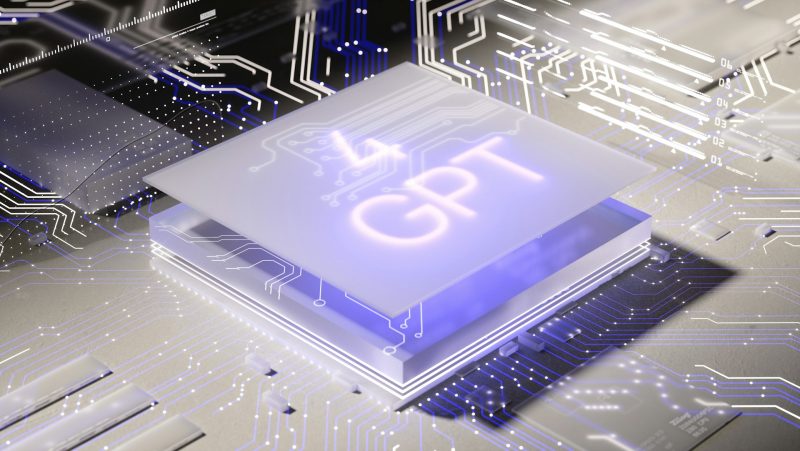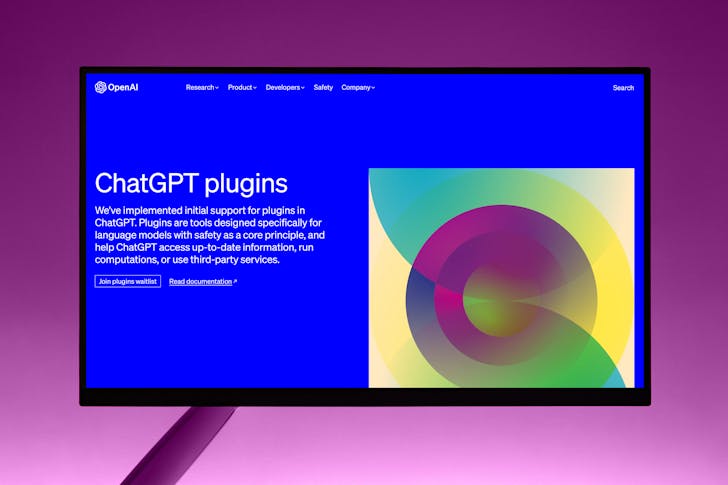
Why Major U.S. Universities Turned Off AI Detectors Amid Fears of False Detection

Do colleges use AI detectors? This question has gained prominence as major U.S. universities, including the University of Texas, Michigan State University, and Vanderbilt University, have decided to turn off their AI detection software.
These institutions, once users of AI writing detection tools, are now rethinking their approach due to concerns about false accusations and the broader implications for academic integrity.
The Promise and Pitfalls of AI in Education
The rise of AI in education has brought both opportunities and challenges. On the one hand, AI chatbots and detectors promised to streamline the grading process and catch instances of plagiarism. On the other, they have introduced new complexities.

Bert / Pexels / AI chatbots and detectors are creating a ‘homework apocalypse’ both for teachers and students. Just as students should not overly rely on AI, so should teachers.
Do colleges use AI detectors? The answer was a resounding yes earlier. However, the recent shift indicates a growing unease with these tools. False detections can unfairly tarnish a student’s academic record, leading to severe consequences for something they may not have done.
The University of Texas Turns Off AI Writing Detection Software
At the University of Texas, Austin, the decision to deactivate AI detection software stemmed from numerous reports of inaccuracies. Students were flagged for supposedly using AI to complete their assignments, despite evidence to the contrary.
The fear of false detection created an atmosphere of distrust, undermining the educational experience. Faculty and administration agreed that relying solely on AI detectors was not a viable solution.
Michigan State University Follows Suit!
Michigan State University faced similar challenges. The introduction of AI detectors was initially welcomed as a way to uphold academic standards. However, as cases of false positives increased, the drawbacks became apparent. S
Students began to question the reliability of these tools, and teachers found themselves spending more time verifying AI-generated accusations than focusing on their primary educational goals.

Andrew / Pexels / While these universities were using AI writing detection software earlier, they have turned it off fearing false accusations of using AI to cheat.
Similarly, Vanderbilt University’s experience with AI detectors echoed the concerns of its peers. The institution recognized that while AI could assist in identifying potential issues, it could not replace human judgment. The false detection rate was simply too high to ignore.
As a result, Vanderbilt decided that the risks outweighed the benefits. This decision underscored a critical aspect of the debate on AI in education. While they have in the past, the current trend suggests a shift towards more balanced approaches that combine technology with human oversight.
AI Chatbots are Creating A ‘Homework Apocalypse’
The broader context of this issue highlights a significant dilemma in modern education. AI chatbots and detectors are creating what some are calling a ‘homework apocalypse’ for both teachers and students. The tools designed to make education more efficient are, in some cases, doing the opposite. Teachers are spending additional time verifying the outputs of AI detectors, and students are facing undue stress over potential false accusations. This dual impact questions the fundamental role of AI in the classroom.
So, just as students should not overly rely on AI for their assignments, teachers too must avoid depending solely on AI detectors.
The shift away from AI detectors at major universities reflects a broader reevaluation of technology’s role in education. Institutions are recognizing that while AI offers powerful capabilities, it also requires careful management and oversight.
Thus, the question, do colleges use AI detectors, is evolving. It is not just about whether these tools are used. Instead, it is about how they are integrated into the educational process without compromising fairness and accuracy.
More in Tech
-
`
What Quarters Are Worth Money? Tips to Identify Valuable Coins Today
In coin collecting, certain quarters stand out not just for their face value but for their potential worth, much beyond that....
June 21, 2024 -
`
How Does the Hubble Telescope Work and Where Is It?
Have you ever gazed at the night sky and marveled at the twinkling stars and wispy clouds of gas and dust?...
June 15, 2024 -
`
5 Savings Accounts That Will Earn You the Most Money in 2024
In 2024, choosing the right savings account is more critical than ever. With the array of options available, knowing which savings...
June 5, 2024 -
`
The Complete Relationship Timeline of Taylor Swift & Travis Kelce
When you think of unlikely couples, Taylor Swift and Travis Kelce might not be the first pair that comes to mind....
May 29, 2024 -
`
What is Business Administration and What Opportunities Does it Offer?
In today’s bustling world of commerce and industry, the term “business administration” often looms large, yet its true essence remains shrouded...
May 22, 2024 -
`
What is AI? Exploring the World of Artificial Intelligence
In today’s rapidly evolving technological landscape, the term “Artificial Intelligence” (AI) has become a buzzword that sparks curiosity, speculation, and even...
May 16, 2024 -
`
How Many Jobs Are Available in Real Estate Investment Trusts? Exploring Career Opportunities
Are you seeking a career path with a blend of financial savvy and a knack for the real estate market? Look...
May 9, 2024 -
`
The Staggering Net Worth of the Richest Podcaster Joe Rogan in 2024
Joe Rogan has become a household name, largely due to his immensely popular podcast, “The Joe Rogan Experience.” With a blend...
April 29, 2024 -
`
What Are Routing Numbers & Do Credit Cards Have One?
When managing your finances, understanding the various numbers and terms associated with your bank accounts and credit cards is crucial. A...
April 24, 2024















You must be logged in to post a comment Login